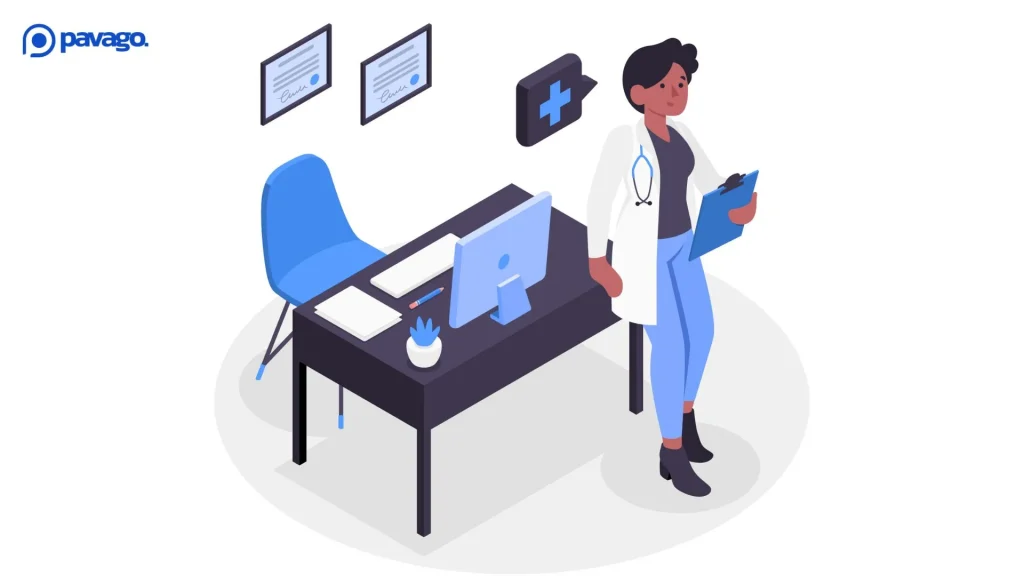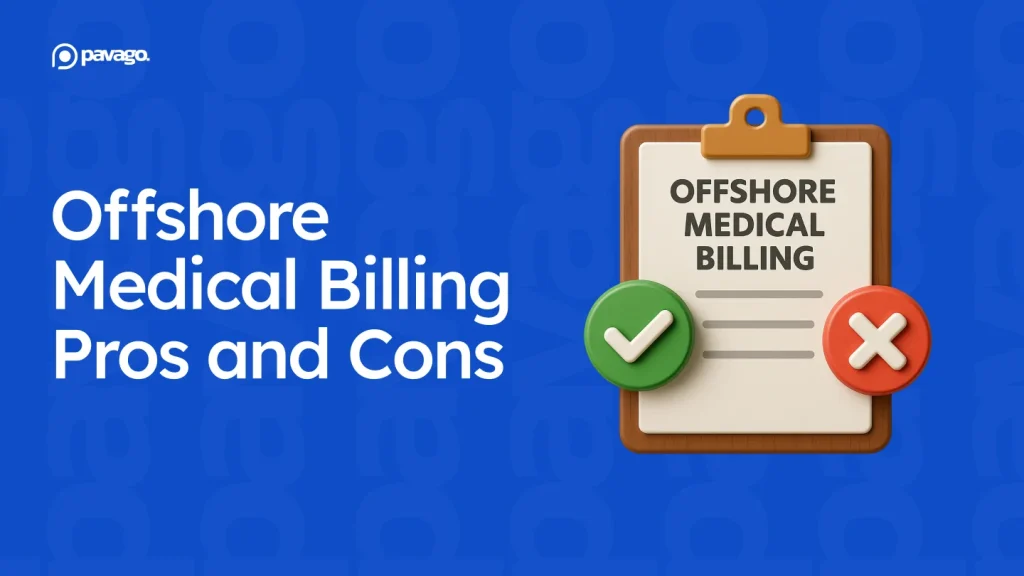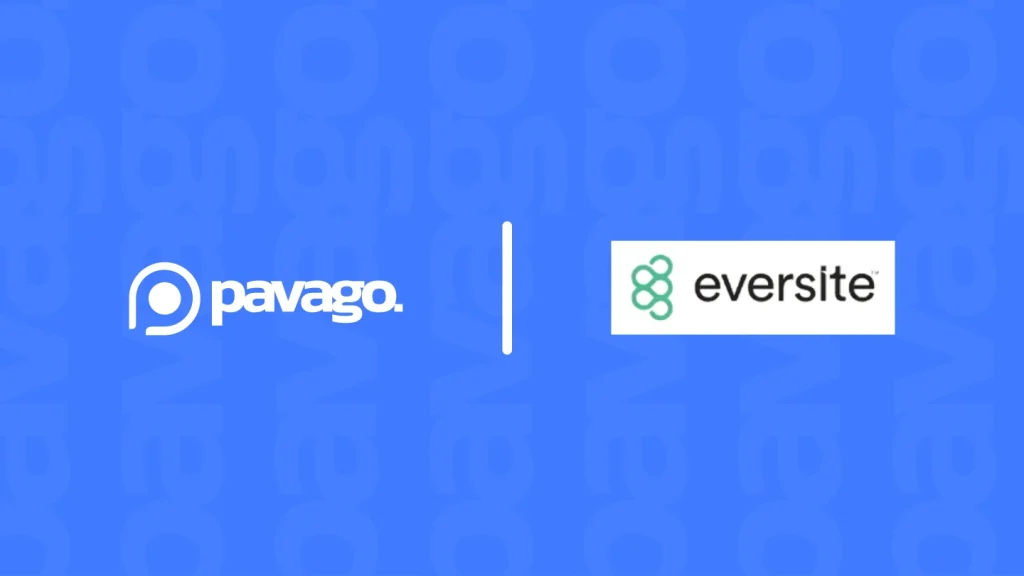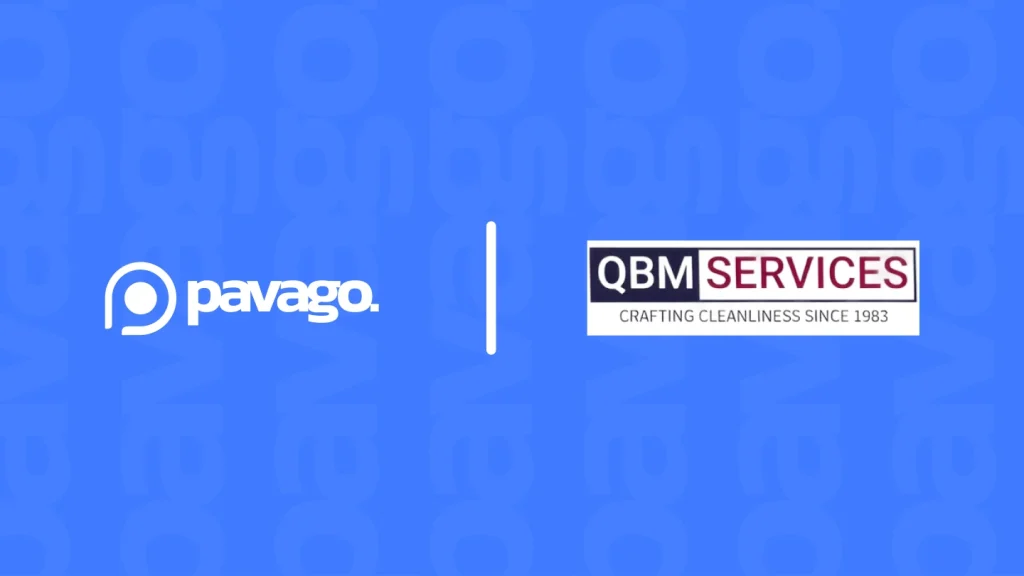Running a healthcare practice comes with a lot of administrative responsibilities, and medical billing is one of the most critical yet time-consuming tasks.
With rising costs and the need for efficiency, many healthcare providers are considering offshore medical billing as a solution.
Offshore medical billing involves outsourcing billing tasks to companies in countries outside the U.S., such as Pakistan or the Philippines, where labor costs are lower.
While this approach can offer several advantages, like cost savings and access to skilled professionals, it also comes with its own set of challenges.
In this article, we’ll explore the pros and cons of offshore medical billing to help you decide if it’s the right move for your practice.

What is Offshore Medical Billing?
Offshore medical billing is when healthcare providers outsource their billing processes to companies located outside the U.S. These offshore companies handle everything from coding patient records, submitting insurance claims, and processing payments, to managing rejections and appeals.
The main reason many healthcare practices turn to offshore medical billing solutions is cost savings. Countries like Pakistan, the Philippines, and several others have skilled professionals who are trained in U.S. medical billing practices but can offer their services at a much lower cost compared to domestic billing companies.
Besides cutting costs, offshore medical billing companies often operate 24/7 due to time zone differences, meaning they can process claims while your practice is closed, speeding up the revenue cycle.
These companies also have access to a large pool of trained professionals, so healthcare providers can scale their billing operations quickly without having to hire and train additional in-house staff.
However, while the financial benefits are clear, offshore medical billing does come with its challenges. Differences in regulations, communication issues, and data security concerns are some of the risks that need to be carefully managed.
In short, offshore medical billing services involve outsourcing billing tasks to outside experts in other countries to save costs, increase efficiency, and scale operations while balancing potential risks.
Looking for a trusted offshore medical billing partner? Let Pavago connect you with experienced professionals who can streamline your billing process, minimize errors, and help you maintain a steady cash flow – all while reducing operational costs.
Pros and Cons of Offshore Medical Billing
| Pros | Cons |
|---|---|
| Offshore medical billing companies often provide services at a fraction of the cost of domestic providers, making it an attractive option for cost-conscious practices. | Offshore billing teams may not be as familiar with the intricacies of U.S. healthcare regulations and payer requirements, which can lead to errors in coding or claims. |
| Offshore companies often employ a highly skilled workforce, many of whom are trained in medical billing and coding with international certifications. | Time zone differences and potential language barriers can lead to delays in communication and misunderstandings between the healthcare provider and the offshore team. |
| Due to the time zone difference, offshore billing services can operate around the clock, ensuring faster claim processing and resolution of issues. | Sharing sensitive patient data with offshore providers raises concerns regarding HIPAA compliance and the potential risk of data breaches. |
| Offshore billing services can easily scale according to your needs, whether you’re handling a small practice or a large healthcare facility. | Offshore companies may not be fully aware of U.S. healthcare regulations, including the nuances of Medicare and Medicaid, which can lead to compliance issues. |
| By outsourcing billing functions, healthcare providers can focus more on patient care and clinical responsibilities, rather than managing administrative tasks. | Relying on an external offshore team for a critical function like billing can be risky, especially if there are issues with the vendor or service interruptions. |
Hidden Costs and Risks of Offshore Medical Billing
While the cost savings of offshore medical billing are often highlighted, there are some hidden costs and risks that healthcare providers need to consider before making the move.
Here’s what you might not always see up front:
1. Unseen Expenses in Quality Control
When you outsource medical billing, you may initially save money, but the quality of service can vary.
Offshore teams may not always follow U.S. billing standards or payer rules precisely, which could lead to errors. These errors often result in claim rejections or denials, and fixing these mistakes can be time-consuming and costly.
In the long run, the cost of addressing these issues could outweigh the savings from outsourcing.
2. Compliance Costs
U.S. healthcare providers are bound by strict regulations, such as HIPAA, that ensure patient data is handled securely. Offshore billing companies may not be as up-to-date with these regulations, and this could put your practice at risk of non-compliance.
Additionally, ensuring that your offshore partner is compliant with U.S. standards often involves extra due diligence, audits, and ongoing monitoring, which adds hidden costs.
3. Longer Turnaround Times
Although offshore teams can work 24/7, the time difference can sometimes create delays in getting answers or clarifications.
If there are issues with claims or coding, you might have to wait until the next working day in the offshore country to get the information you need. These delays can affect your cash flow and revenue cycle.
4. Training and Integration Costs
Even if you’re outsourcing to a skilled team, there’s a cost involved in training your offshore medical billing team about your specific processes, software, and standards. You may need to spend time and resources ensuring the offshore team is aligned with your internal practices.
Over time, the effort required to integrate them smoothly into your system could result in unexpected costs.
5. Dependence on the Offshore Partner
Relying on a third-party offshore provider for critical billing functions can create a dependency that is hard to break.
If your offshore billing provider faces any issues – whether it’s a staffing shortage, financial instability, or a sudden shift in their policies – it could disrupt your billing operations. This kind of disruption could lead to delayed payments and loss of revenue, potentially hurting your practice’s cash flow.
Related: Offshore Hiring Problems [& How to Avoid Them]

Pavago can help you find skilled offshore medical billing experts who are well-versed in U.S. regulations and payer rules, ensuring compliance and accuracy for your practice.
Best Practices for Implementing Offshore Medical Billing
Choose Trusted Offshore Medical Billing Professionals
The first step is selecting the right offshore medical billing professionals. Look for individuals who have a strong track record in healthcare billing and coding, with proven expertise in U.S. healthcare laws and payer requirements. Ensure that they are well-versed in the latest industry standards and are HIPAA-compliant, especially when handling sensitive patient data.
Tip: Ask for their certifications, review their previous work or case studies, and request references to verify their credentials and past performance.
Establish Clear Communication Channels
Communication is key when working with an offshore team. Make sure there are clear channels for regular updates, questions, and troubleshooting. This could include weekly or bi-weekly video calls, shared project management tools, and instant messaging apps.
Regular communication will help bridge any gaps and ensure that your billing operations run smoothly.
Create Detailed Contracts and SLAs
To avoid misunderstandings, it’s crucial to have a detailed contract in place. The contract should include service level agreements (SLAs), which clearly define the expected performance standards, timelines, and penalties for non-compliance. This will set expectations for both parties and provide a legal framework for addressing issues.
Tip: Work with an experienced offshore recruitment agency for a contract that covers all aspects of the offshore billing arrangement, including confidentiality, data security, and dispute resolution.
Invest in Training and Onboarding
Even though your offshore medical billing provider may be skilled, they will still need to understand your practice’s specific needs, workflows, and software systems.
Take the time to provide training and onboarding for your offshore team, ensuring they are familiar with your coding practices, billing policies, and software tools.
Monitor and Audit Regularly
Once your offshore billing team is in place, it’s important to monitor and audit their performance regularly.
Track key metrics such as claim accuracy, turnaround time, and payment recovery rates. If you spot any issues or inconsistencies, address them right away. This will ensure that your offshore billing team meets your expectations and delivers results.
Have a Backup Plan in Place
While medical billing offshoring can provide significant benefits, it’s important to have a contingency plan in case something goes wrong.
Whether it’s due to issues with the offshore provider, communication breakdowns, or quality concerns, having a backup plan will help minimize disruption. You can maintain a small in-house team or have a backup provider ready to step in if needed.
💡Did you know? Pavago offers forever replacement guarantee, so if things don’t work out with your first hire, we’ve always got a backup for you.
Frequently Asked Questions
1. What exactly is offshore medical billing?
Offshore medical billing involves outsourcing your practice’s billing functions to professionals in countries outside the U.S., such as Pakistan or the Philippines. This setup leverages cost-effective labor markets while aiming to maintain quality and compliance with U.S. healthcare regulations.
2. Is offshore medical billing secure and HIPAA-compliant?
Yes, reputable offshore providers prioritize security and compliance. They implement robust measures such as data encryption, secure servers, and access controls to protect patient information.
It’s crucial to partner with providers who are HIPAA-compliant or adhere to equivalent data protection standards to ensure the confidentiality and security of sensitive health data.
3. How can I ensure the quality of offshore billing services?
To maintain high standards, establish clear Service Level Agreements (SLAs) that define accuracy rates and turnaround times. Regular monitoring through Key Performance Indicators (KPIs), such as claim rejection rates and payment posting timelines, can help assess performance.
Additionally, maintaining open communication and conducting periodic reviews will ensure that the offshore team aligns with your practice’s expectations.
4. Will language or time zone differences cause communication issues?
While differences in time zones and language can pose challenges, many offshore billing providers employ staff with strong English proficiency and utilize technology to facilitate seamless communication. Tools like video calls, encrypted email systems, and project management platforms can bridge these gaps, ensuring efficient collaboration.
5. Are there hidden costs associated with offshore billing?
It’s essential to have transparent agreements in place. Discuss potential extra costs for training, system integration, or handling complex cases upfront.
Clear contracts can help avoid unexpected expenses and ensure that both parties have aligned expectations regarding services and pricing.
6. How do I transition my billing to an offshore provider?
The transition process typically involves:
- Assessing your current billing needs and identifying areas for improvement.
- Selecting an offshore provider with experience in your specialty.
- Setting up secure data transfer and system integration.
- Training the offshore team on your practice’s specific processes and software.
- Implementing ongoing monitoring and optimization to ensure continuous improvement.
7. Can offshore billing help reduce claim denials?
Yes, by partnering with skilled offshore professionals who are well-versed in U.S. coding standards and payer requirements, many practices experience a reduction in claim denials.
8. What should I look for when choosing an offshore billing provider?
Key considerations include:
- Experience and Specialization: Ensure the provider has expertise in your medical specialty and is familiar with the specific coding and billing requirements.
- Compliance and Security: Verify that the provider adheres to HIPAA regulations and employs robust data protection measures.
- Communication and Transparency: Look for providers who offer clear communication channels and transparent reporting practices.
- Scalability: Choose a provider capable of adjusting services to meet your practice’s evolving needs.
- References and Reviews: Check for positive testimonials and case studies that demonstrate the provider’s track record of success.
Conclusion
Offshore medical billing can be a great way to reduce costs and increase efficiency in your practice. However, to truly benefit from this approach, it’s crucial to choose the right offshore partner, establish strong communication, and implement best practices for integration.
By following these tips and maintaining a strategic approach, you can ensure that your offshore billing operations run smoothly and effectively.
Pavago is here to help you find reliable, skilled offshore medical billing experts who understand U.S. regulations and can deliver high-quality results for your practice.
Let us help you streamline your billing process and improve your bottom line.
















